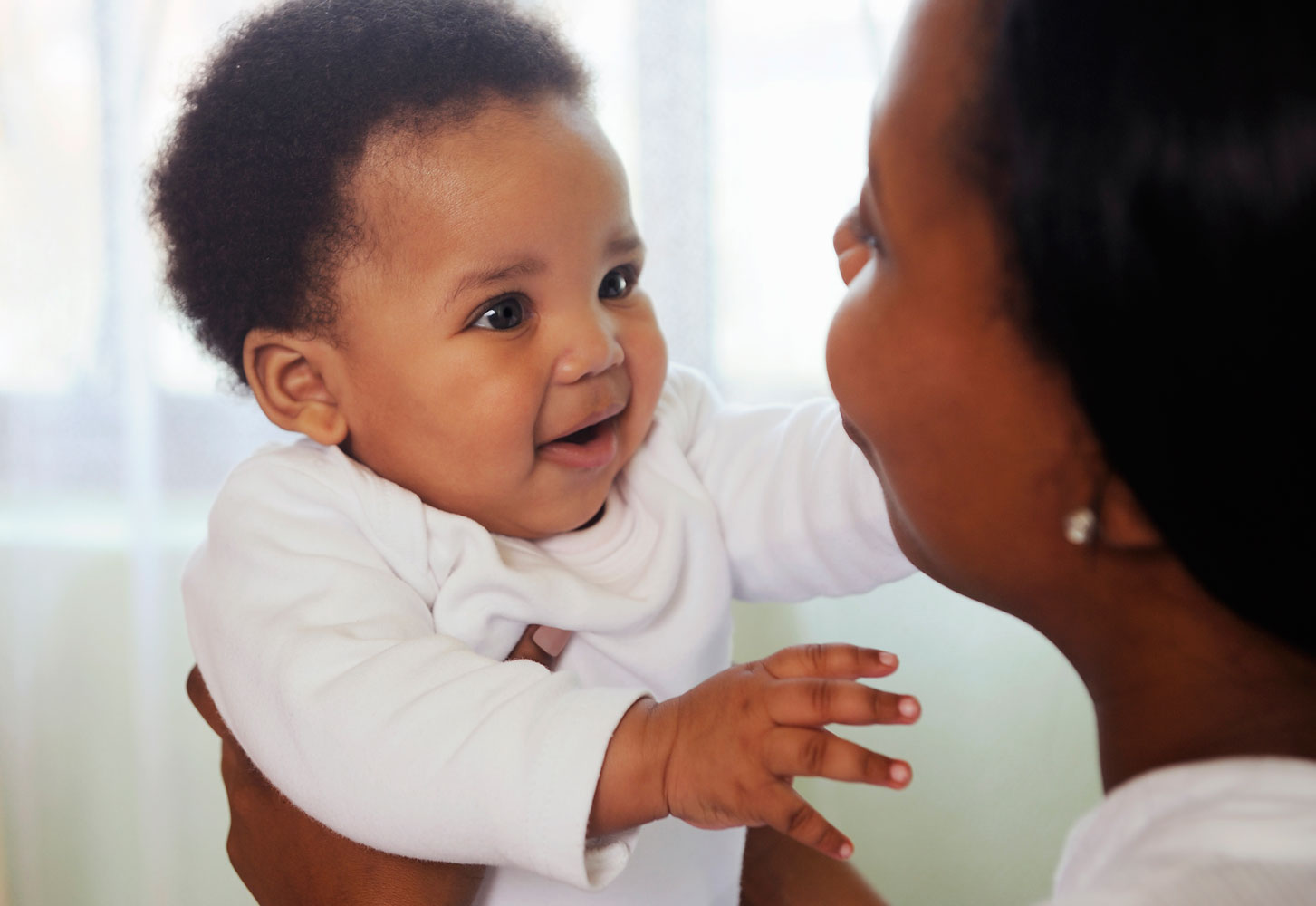Did you know there is a direct link between play and language development? There is a connection between play and language development. The interesting thing is that “play” time for young children is being taken away for academic time. Preschool and Kindergarten programs once focused on children's social and emotional growth instead of forcing ill-prepared and developmentally inappropriate lessons that push children to spend more of their school day sitting still for whole group lessons. A specific aspect of play, pretend play, opens the door for children to increase their language development. It starts from interactions with adults and infants (Yogman et al., 2019).
According to researchers at the University of Washington, the first three years of life, infants and toddlers learn more than any other three- year period in their life. They learn to respond to a number of different stimuli, motions, facial expressions, reaction and responses of their caregivers (Gaga & Cooper, 2022). This would seem like just a part of spending time with a child, when in actuality, it has a long-lasting impact on children and how they will communicate, written and oral. I believe more parents would spend time interacting with their children if they knew the importance of the time spent with children.
“One study sought to understand whether communication could benefit from play. Researchers observed what happened when an infant began playing with a toy. They found that if the mother responded by manipulating and naming the toys, the baby- when tested three months later would have better language skills (Newland et al., 2019).” Another study showed, “Pretend play is especially beneficial because it allows young children to practice new vocabulary when they speak and to understand others. During social play, they often reciprocate each other’s words and actions to reach agreements (Orr & Geva, 2019).”
Early learning and play are fundamentally social activities and fuel the development of language and thought (Yogman et al., 2019) Play is not frivolous; it is brain building. Play has been shown to have both direct and indirect effects on brain structure and functioning. Play leads to changes at the molecular (epigenetic), cellular (neuronal connectivity), and behavioral levels (socioemotional and executive functioning skills) that promote learning and adaptive and/or prosocial behavior (Yogman et al., 2019).
Play should not be underestimated. In fact, early education programs should reconsider the current structure to include more play time. Additionally, parents should be made aware of the importance of their interactions with their infant and toddler children. Then maybe they should say< Talk to me baby!”
References
Gaga, L., & Cooper, B. (2022, January 17). ??? ??? - YouTube. Retrieved November 8, 2022, from https://www.youtube.com/watch?v=qLoEUEDqagQ&feature=youtu.be
Newland, L., Roggman, L., & Boyce, L. (2019, April 11). Home. YouTube. Retrieved November 8, 2022, from https://www.sciencedirect.com/science/article/abs/pii/S0163638301000674?via%3Dihub
Orr, E., & Geva, R. (2019, January 17). ... ... - YouTube. Retrieved November 8, 2022, from https://www.sciencedirect.com/science/article/pii/S016363831500003X
Yogman, M., Hutchinson, J., Hirsch Pack, K., & Michnoff Gilinkoff, R. (2019, April 11). Home. YouTube. Retrieved November 8, 2022, from https://watermark.silverchair.com/peds_20182058.pdf?token=AQECAHi208BE49Ooan9kkhW_Ercy7Dm3ZL_9Cf3qfKAc485ysgAAAqEwggKdBgkqhkiG9w0BBwagggKOMIICigIBADCCAoMGCSqGSIb3DQEHATAeBglghkgBZQMEAS4wEQQM_b1X5x_oNo-FFWhiAgEQgIICVNIQ4hNjKVebNdkv_I0DB9gDZ-hA-Kvb4q0Fy6qfFa


No comments:
Post a Comment